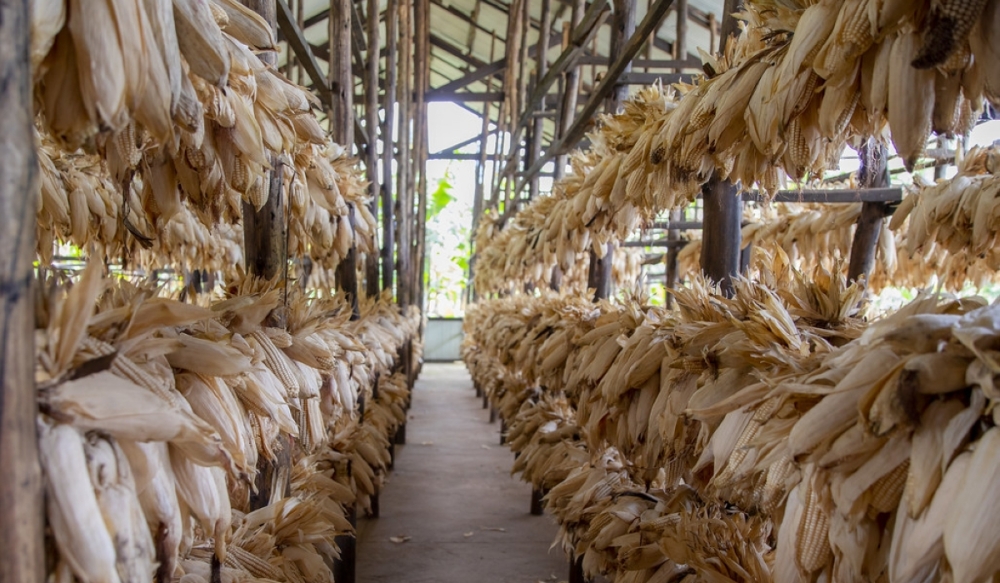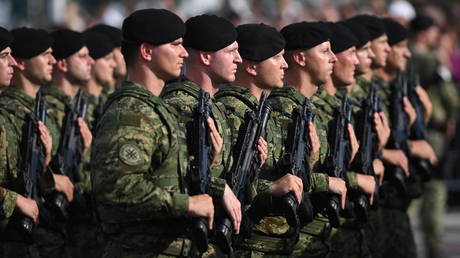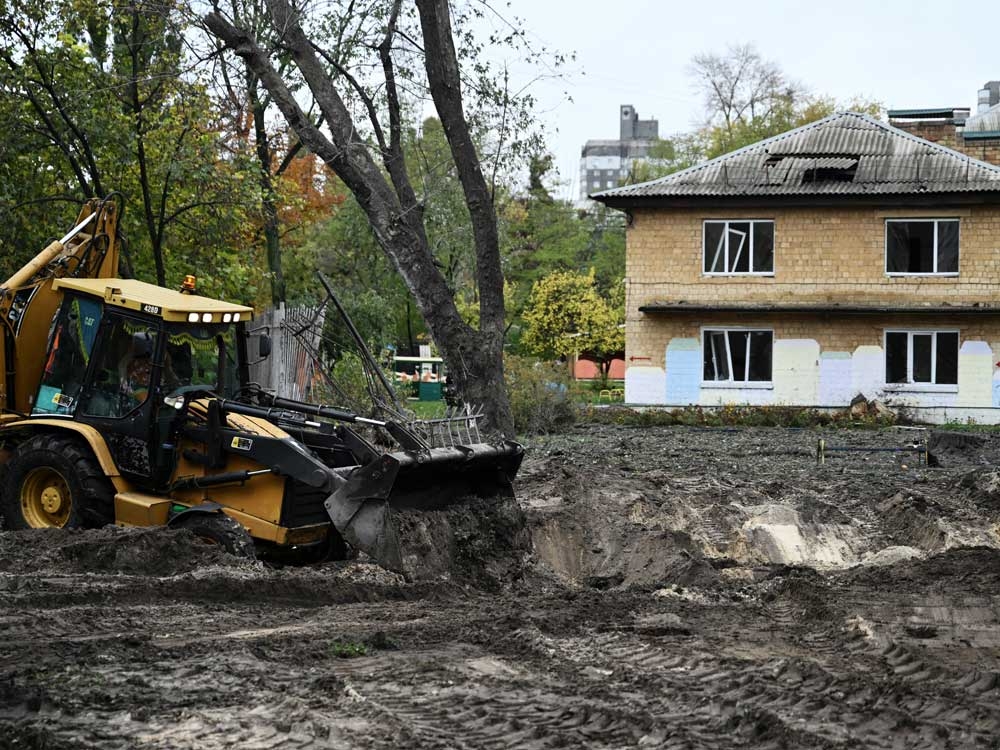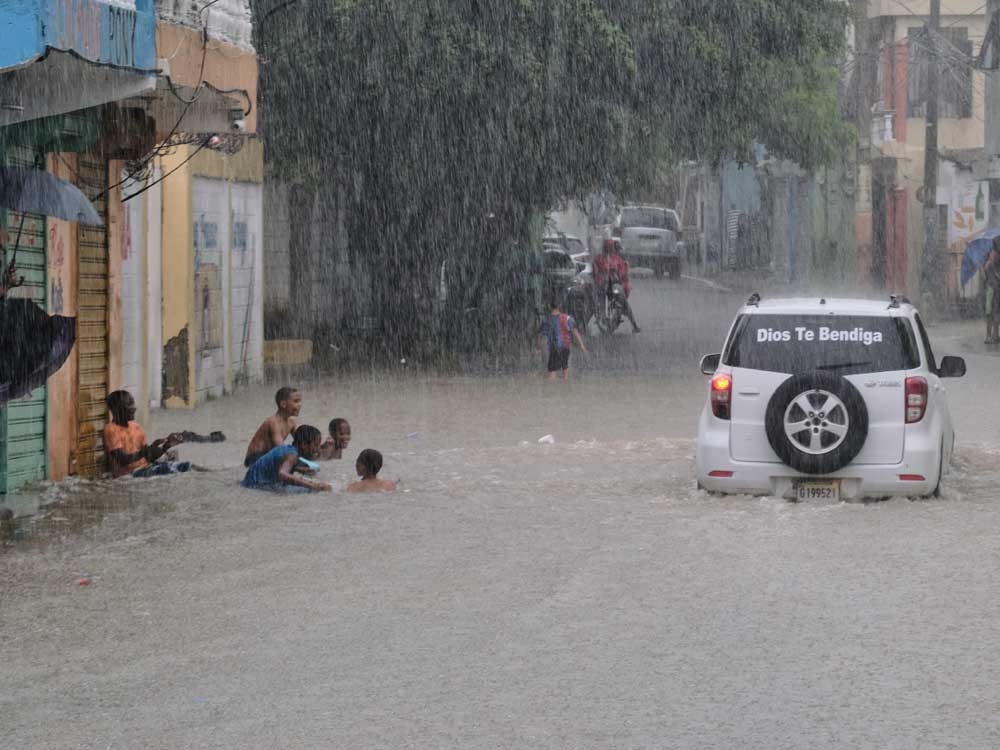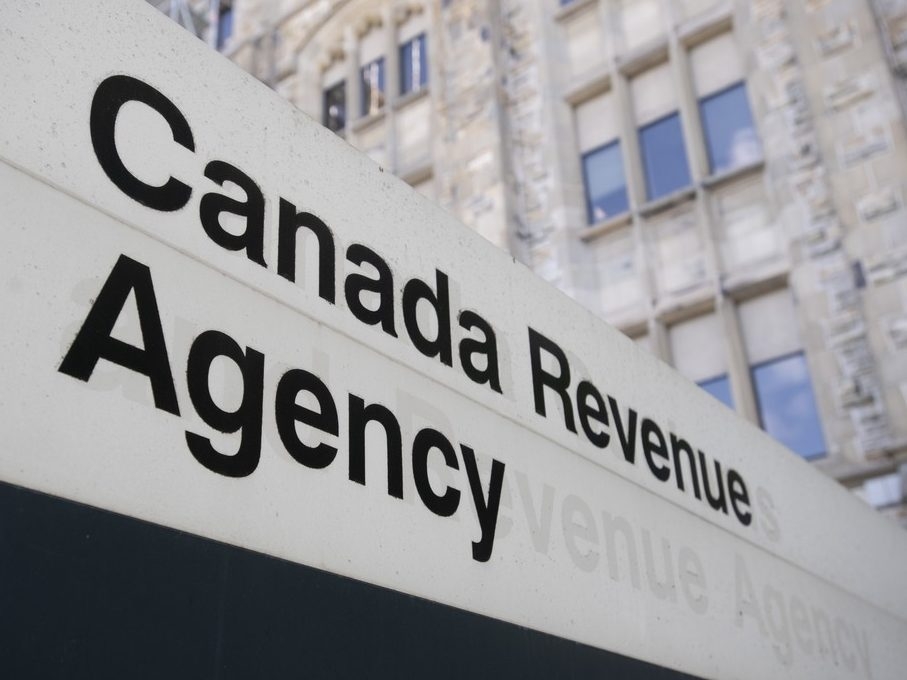Since last year, Rwanda stopped setting prices for agricultural produce, allowing farmers and buyers to negotiate prices on their own. The move was intended to let the market regulate itself, but opinions among farmers and experts remain divided.
Previously, the government set minimum prices for staple crops such as maize, beans, and Irish potatoes to protect farmers from exploitation and ensure stable income.
ALSO READ: Why Rwanda ended price controls on farm produce
Charles Karake, a cattle farmer in Kayonza District, said the decision has made things harder for small farmers.
“We only have one buyer here, and we’ve been selling milk at Rwf400 per litre for the last two years,” he said.
“When prices were fixed by the government, we at least had protection because the government was setting friendly prices. Now, we have no power to negotiate.”
Karake said the cost of animal feed has gone up from Rwf25,000 to Rwf40,000 per 100kg bag in around one year. Each cow eats about six kilos a day, not counting grass, water, and workers’ pay.
ALSO READ: End of price regulation opens new chapter for Rwandan farmers
“Without competition, it’s hard for us to adjust prices based on what we spend,” he said.
Laurence Mukamana, a maize farmer from Gatore Sector in Kirehe District, said farmers were disappointed by market prices offered by buyers after the removal of price regulation.
“The price set by the government before was Rwf 500. But when the price regulations changed, one company told us that they would buy our produce at Rwf420 per kilogram, but we had to cover transport costs ourselves," she said.
Mukamana added that by late March, when most produce had already been sold, the same company increased its offer to Rwf470 per kilogram. “That was a big loss for us,” she said.
ALSO READ: Agric minister backs farmers' supply contracts as loan collateral
She noted that the situation has discouraged many maize farmers, with some shifting to crops like sorghum, which require less investment.
James Biseruka, Managing Director of Inyange Industries Ltd, said it is better now that prices are determined by the market rather than being regulated, as this allows them to reflect actual market demand.
“The prices are now more favorable and encourage both farmers and buyers,” he said.
Thijs Boer, CEO of Hollanda Fair Foods, the manufacturer of Winnaz potato chips in Musanze, shared a similar view, saying that allowing the market to determine prices is a positive move.
“We negotiate potato prices directly with farmers, and we want to pay the right price for the right quality,” he said. “It may take more time to fully assess the impact of this decision, but as long as prices don’t rise too sharply, I think it’s fine. We also want to ensure mutual agreement on prices with our partner farmers.”
Jean-Claude Shirimpumu, Vice-Chairperson of the Agriculture Cluster at the Private Sector Federation (PSF), said the decision is likely to disadvantage smallholder farmers who have not yet transitioned to professional or commercial farming.
He noted that such farmers could be exposed to low prices, forcing many to abandon farming altogether.
“The middlemen are likely to exploit both farmers and consumers. They usually convince maize farmers, for example, that their produce coincides with the harvest season in other countries and, therefore, must sell cheaply. Later, they tell buyers the opposite, that local produce is scarce, to make huge profits at the expense of both sides,” he said.
Shirimpumu added that while the government no longer needs to fix prices, it should at least set a minimum price to protect farmers from losses.
He recalled a past example where sweet potato farmers were forced to carry baskets of their produce to the market only to sell at very low prices, sometimes even throwing away their produce and returning home with empty baskets that cost more than what they earned.
“If there is no regulation at all, our farmers will underperform, and we could end up importing products like milk, maize, or other crops that we can easily produce locally,” he warned.
Antoinette Mbabazi, the Acting Director General of Rwanda Inspectorate, Competition and Consumer Protection Authority (RICA), said the decision aligns with efforts to promote consumer choice and fair market competition.
“The decision was taken to allow prices to regulate themselves. Before, producers used to complain, indicating that sometimes set prices did not always match the real market situation, particularly in terms of reflecting production cost,” Mbabazi said.
She added that the new policy helps both consumers and producer/supplier relationships.
“If someone sells at a high price, the consumer can choose to buy from another seller. Likewise, producers also have choice of selling their produce to a buyer who buys a good price.
It helps the prices balance naturally between the two sides, hence allowing the two parties to exercise bargaining” she said.
Mbabazi noted that while the market is expected to regulate itself which is referred to as a principle of demand and supply by economists, the government could still intervene when deemed necessary, especially for essential products in interest of the general public.
“Farmers also need to make sure their products meet market demands. If not, they risk losing out,” she said.
“At the same time, suppliers should not allow their producers to collapse, they need each other to ensure a sustainable, win-win situation.”
Speaking to The New Times in an exclusive interview, the Minister of Trade and Industry, Prudence Sebahizi, argued that the pricing model had become unsustainable.
"In the past, we had cases of buyers refusing to purchase produce when fixed prices were high, and sellers refusing to sell when the prices were lower than their expectations, for example, in the case of rice," the Minister said.
